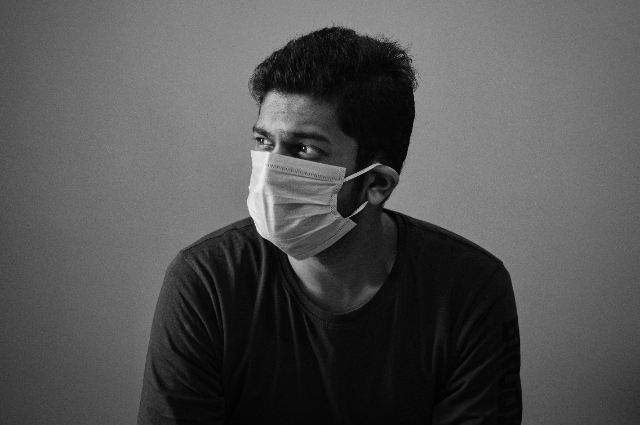
Photo by Mayan Sachan on Unsplash
There has been a sharp rise in disease rates worldwide. The projected percentage of all fatalities attributable to non-communicable diseases (NCDs) climbed from 37.09% in 1990 to 61.8% in 2016, per the ICMR report. From 2015 to 2016, 11% of women (1 in 10) and 15% of men (1 in 7) between the ages of 15 and 49 have hypertension, according to the National Family Health Survey (NFHS). Additionally, according to the poll, 60.4% of those examined had ever had their blood pressure checked. The estimated incidences of cancer patients in India for the years from 2014 to 2017 have increased from 13,28,229 to 15,17,426 according to statistics from the ICMR's cancer registry. The estimated number of cancer-related deaths in these years has risen from 670541 to 766348.
We could see at least one person suffering from hypertension or diabetes in every household in India. Thyroid, hypertension, diabetes, cholesterol etc. are prevailing. Such an exceptional rise in disease rates is seen after industrialisation. There have been many reasons for this rise in disease rates. Some of the basic yet important reasons are discussed below.
The trend of Junk food
After Industrialisation, the trend of instant food arose among workers and students. People are moving from home-cooked food to fast food, mainly, due to lack of time and taste. Junk food makers use lots of chemicals and harmful substances to enhance the taste which ultimately decreases the nutrient level of the food. This enriched taste is attracting people to eat wasteful products. On the other hand, This is making people deficient in basic nutrition, vitamins, and minerals and weakening their immune system, ultimately making them prone to disease.
Pollution
Industries, vehicles, factories and other chemical products are causing pollution. Cities like New Delhi witness high air pollution. Breathing this toxic air is equivalent to smoking 10 cigarettes, said an AIMS doctor. Not only air pollution, water bodies, loud and stressful noise, and garbage landfill disposition are also contributing to disease on a large scale. Avoiding pollution is not only the work of people but the government also plays a vital role.
Less physical work
Human beings are doing less physical work and more mental work, all thanks to the machines. Machines are supposed to reduce human efforts. Nowadays reduced to a large extent and human beings have become enslaved by machines which is not a good sign of a healthy person.
Neglecting Yogasana
India has roots in yoga. Yogasan has been a part of Indian culture with lots of health benefits. Yoga is the ultimate solution to a healthy body and mind, but today youth are not focusing on yogasan. They are busy following Western culture and global trends, focusing on gym and exercise which only works on the body while mental health remains unhinged
Stress and anxiety
Modernisation, globalization and socialization all contribute to the worsening mental health of human beings. Humans are now becoming depressed and stressed. In a world full of social media, people are still alone; they find no one with them, which tenses them and directly affects the health of people.
Digitalisation
People are busy scrolling, chatting, and watching Netflix series. They love to sit on their couches and spend hours. They are just using their phone and wasting their time. It impacts their eyesight, mind, and immune system time and affects their health badly.
Conclusion
Today most of the people suffering from the disease are caused by lifestyle changes. These diseases can be reduced if we change the way we live. Ayurveda teaches wonderful ways of living styles, how simply a man can spend their life and increase their shelf life.
